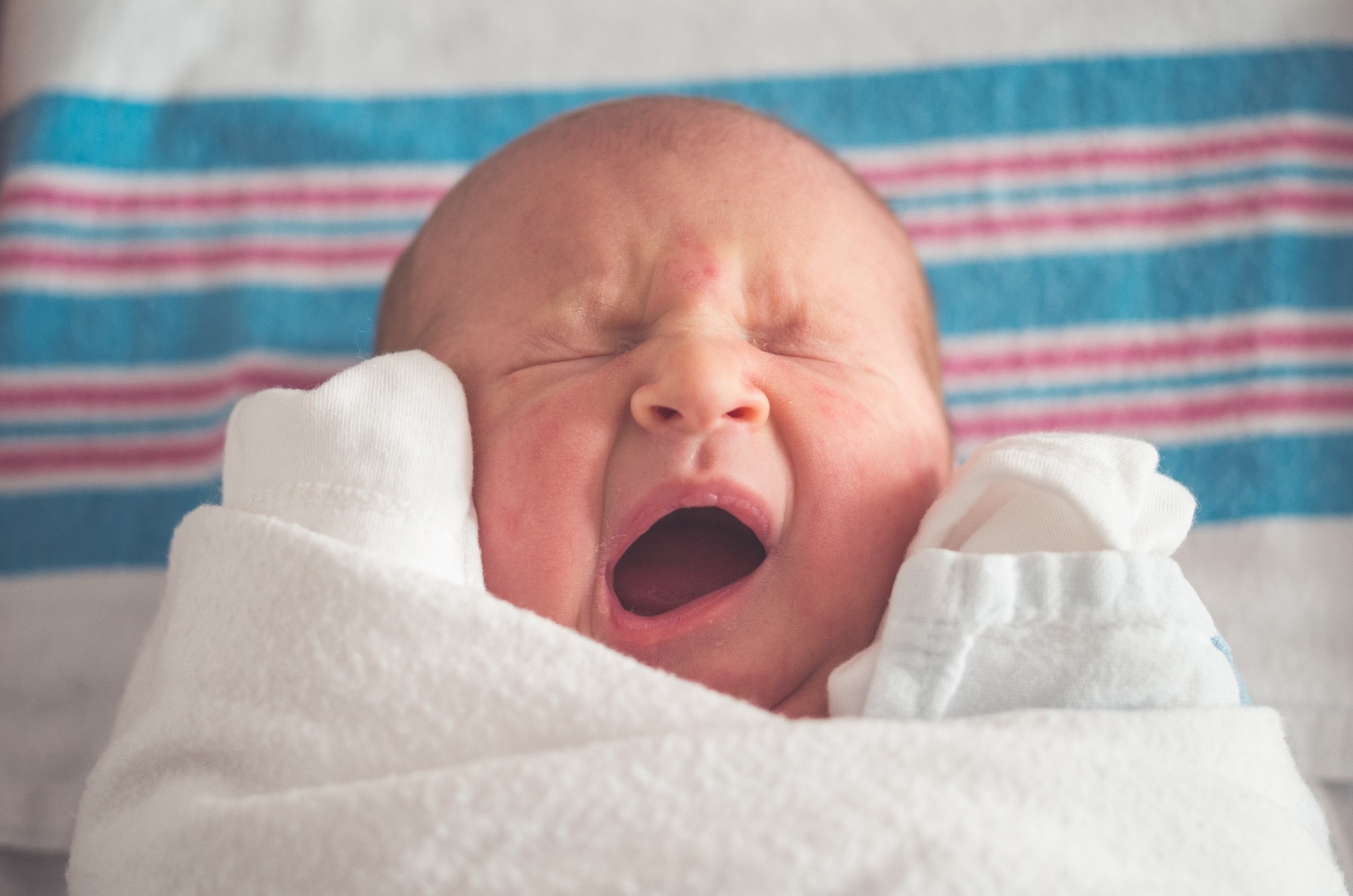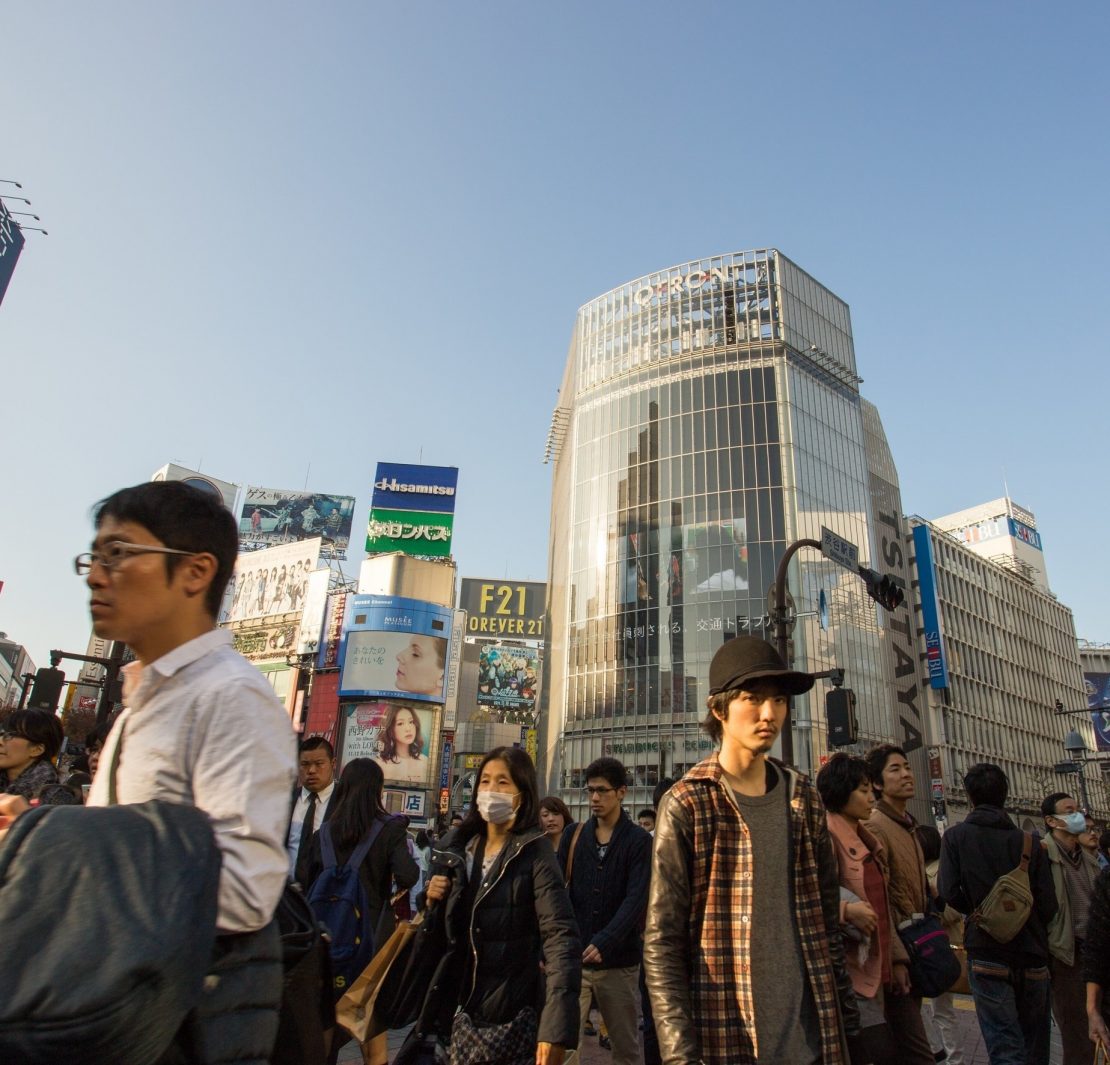Last year, Japan’s population declined by more than 300,000 and the country had less than one million births. The country’s shrinking population poses serious economic and social problems, and people are blaming it on the younger generation claiming that they are ‘not having enough sex.’ That and/or women are too eager to put their careers first before thinking of starting a family.
There’s another explanation why Japan’s birth rate is dwindling: fewer job opportunities for young people, especially men. Much like any other country, you have to think first if you’re stable enough to support a family. Japan may have a steady economic growth, but in a country where men are expected to be the sole breadwinners in the family, getting a good-paying job is harder than finding a soulmate.

“The gender stuff is pretty consistent with trends around the world—men are having a hard time,” said Anne Allison, a professor of cultural anthropology at Duke University, in an interview with The Atlantic. “The birth rate is down, even the coupling rate is down. And people will say the number one reason is economic insecurity.”
From ‘regular’ to ‘irregular’ jobs
The trend of erratic employment is a global issue, and it also affects high-income countries like Japan. After the postwar years, the Japanese adhered to a tradition of ‘regular jobs’ where men had careers with good benefits and steady salaries. Now, almost 40 percent of Japan’s workforce is ‘irregular,’ meaning they have temporary or part-time jobs with low compensation and little to no benefits.
Its shrinking population poses serious economic problems, but the Ministry of Health, Labor, and Welfare believes that change is already in the air. “The labor shortage is getting serious,” says Prime Minister Shinzo Abe. “To overcome it, we need to improve productivity.”
However, Japan’s birth rate has slowly inclined over the past decade. The only hindering factor was that women began marrying later to avoid the pressure of giving up their careers.
Writer: BEA LLAGAS




